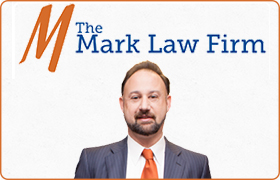Monroe Township DUI-DWI Lawyer, New Jersey
Sponsored Law Firm
-
 x
x

Click For More Info:
-
Mark Law Firm
675 Morris Avenue, Suite 102 Springfield, New Jersey 07081 » view mapCar Accident Call Now For A Free Initial Consultation
Life changes drastically in the aftermath of a serious accident or injury. Emotional and financial ramifications can also be extensive.
800-736-9780  Jamison Mark Basking Ridge, NJ
Jamison Mark Basking Ridge, NJAttorney At Law - NJ, 2000
Widener University SOL, J.D. - 1999
 Overview
OverviewMark Law Firm is a full-service firm representing the interests of its clients.
 Testimonials
Testimonials"He is certainly one to go to the limit for his clients and his friends."
Steven M. Gabor
Car Accident, Slip & Fall Accident, Wrongful Death, DUI-DWI
Status: In Good Standing *Status is reviewed annually. For latest information visit here Licensed: 42 Years
Jason Adam Volet
Federal, Felony, DUI-DWI, Criminal, Real Estate
Status: In Good Standing *Status is reviewed annually. For latest information visit here Licensed: 26 Years
John M. Krenzel
Residential Real Estate, Wills & Probate, Estate, DUI-DWI, Elder Law
Status: In Good Standing *Status is reviewed annually. For latest information visit here Licensed: 42 Years
Robert W. Pinard
Estate, Divorce, DUI-DWI, Credit & Debt, Personal Injury
Status: In Good Standing *Status is reviewed annually. For latest information visit here

